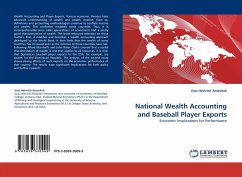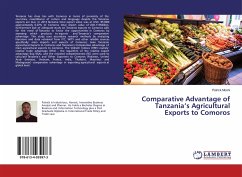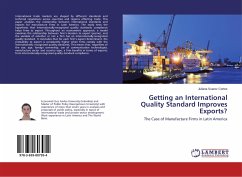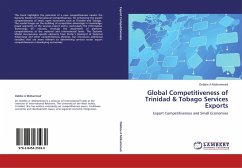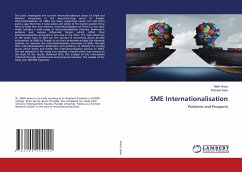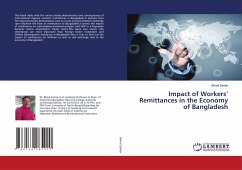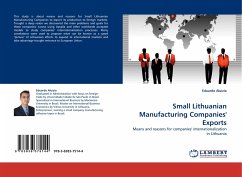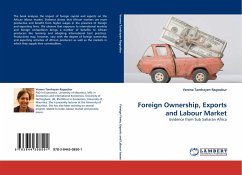Wealth Accounting and Player Exports. Various economic theories have advanced understanding of wealth and wealth creation. Even so, definitions and accounting methodologies continue to conflate income and wealth. This conflation mislabels some countries. Thus, it is incomprehensible since older generations of economists had a pretty good characterization of wealth. This book refocuses attention on these matters. First, it modifies and describes a wealth accounting approach developed by the World Bank. It then finds that the wealth of some countries has increased even as the incomes of those countries have not. Following Alfred Marshall's and John Bates Clark's counsel that a useful characterization of wealth is one that applies to all resources, it is clear that Dominican baseball player exports to the USA, for example, are wealth for the Dominican Republic. The analysis of the second essay shows strong effects of such exports on the economic performance of that country. The results have significant implications for both policy and further research.
Bitte wählen Sie Ihr Anliegen aus.
Rechnungen
Retourenschein anfordern
Bestellstatus
Storno

